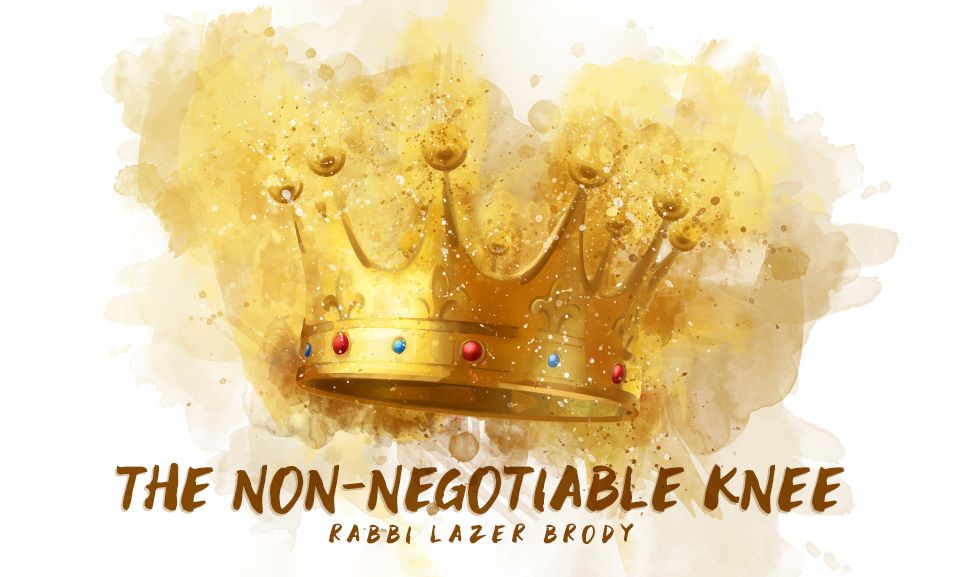
The Non-Negotiable Knee
Like the proverbial snowball at the top of the hill, once it begins rolling downward, it becomes a dangerous avalanche. We know how it starts, but we don't know how it will end…

“C’mon, man! What are you, crazy? You want to get us all killed? What did the viceroy ask, anyway? Did he ask you to eat pork? No! Did he ask you to break Shabbat? No! He only asked us to show our loyalty to him, and bend a knee in homage. Ask any rabbi – it’s not idolatry! What’s the big deal? Fanatics like you give a bad name to the Jews…”
The Jews of Shushan had a serious complaint against Mordechai. He was neither a diplomat nor was he politically correct. The Megilla says, “And Mordechai will neither bow nor prostrate himself.”[1] Some people dropped to the ground when they saw Haman the Viceroy, for there was a royal decree signed by King Achashverosh that everyone must bow down to him. They didn’t want anyone to think that they weren’t absolutely loyal to the regime.
There was one problem though. Mordechai, the tzaddik of the generation, told them not to bow down to flesh and blood, and particularly not to Haman, the descendant of Amalek and archenemy of the Jews. Mordechai also told them not to participate in the festive meal that Achashverosh and Haman invited them to. Again, they called him a fanatic and ignored him. As a result, they incurred a harsh Divine decree that called for the destruction of the Jews, Heaven forbid.
Mordechai, by virtue of his non-negotiable emuna and absolute adherence to Hashem’s Torah, invoked a chain of miracles that led to the miracle of Purim and the salvation of the Jewish People.
 Where did Mordechai get the inner strength to withstand the unfathomable pressure of his brethren, even some of his rabbinical colleagues?
Where did Mordechai get the inner strength to withstand the unfathomable pressure of his brethren, even some of his rabbinical colleagues?
It was in his genes. His steadfast faith wouldn’t budge for anyone or anything. His knee was non-negotiable, bending only for Hashem.
Why did everyone else bow down to Haman while Mordechai did not?
The Tosephot[2] explain that Jacob left Laban in Padam Aram and had his famous confrontation with Esau. Jacob, his wives and his eleven sons all bowed down to Esau. Benjamin was not yet born, therefore he never bowed down to Esau. Mordechai was a descendant of Benjamin. Haman was a descendant of Esau. Just like his great-great grandfather Benjamin who never bowed down to Haman’s great-great grandfather Esau, Mordechai never bowed down to Haman.
Mordechai’s courage in refusing to compromise his emuna and even the slightest detail of Jewish observance led to our people’s salvation. We learn a profound lesson here, what our sages repeatedly emphasize,[3] that the deeds of parents are steppingstones to children.
This principle has profound implications, not only on the spiritual future of our children but on the very future of Jewish People.
The most painful problem in the Jewish world today is children who grow up in “religious” homes yet ultimately forsake observant Judaism. Without the Torah, mitzvot, and especially emuna to protect them, they lose all spiritual strength and are quickly swallowed up in the riptide of assimilation.
My esteemed and beloved teacher Rabbi Shalom Arush shlit”a writes repeatedly in his classic The Garden of Education that education of a child begins with the parent’s educating him/herself. Children not only mirror their parents but tend to amplify parental traits. In other words, when a parent makes compromises in Halacha or in any aspect of Jewish observance, children will continue the compromise; like the proverbial snowball at the top of the hill, once it begins rolling downward, it becomes a dangerous avalanche. We know how it starts, but we don’t know how it will end…
On the other hand, when parents strengthen themselves in Jewish observance, especially emuna, children will become doubly strong. Benjamin’s knee never bent to Esau or to anyone else, so Mordechai’s knee was non-negotiable.
The Jewish People during the time of Esther and Mordechai realized their mistake. They made teshuva and renewed their acceptance of Torah[4]. By doing so, they merited the Return to Zion and the rebuilding of the Holy Temple in Jerusalem. May we follow in their footsteps, amen. Happy Purim!


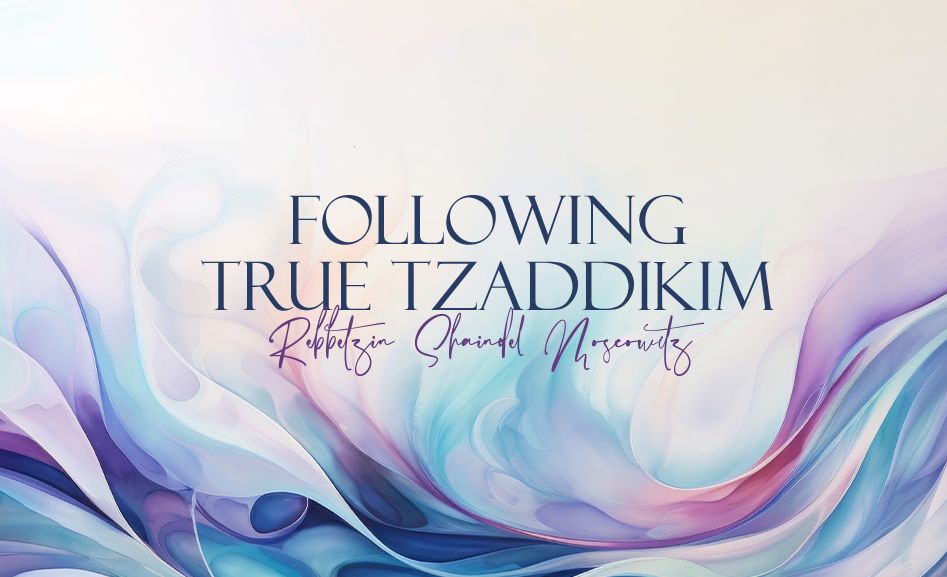
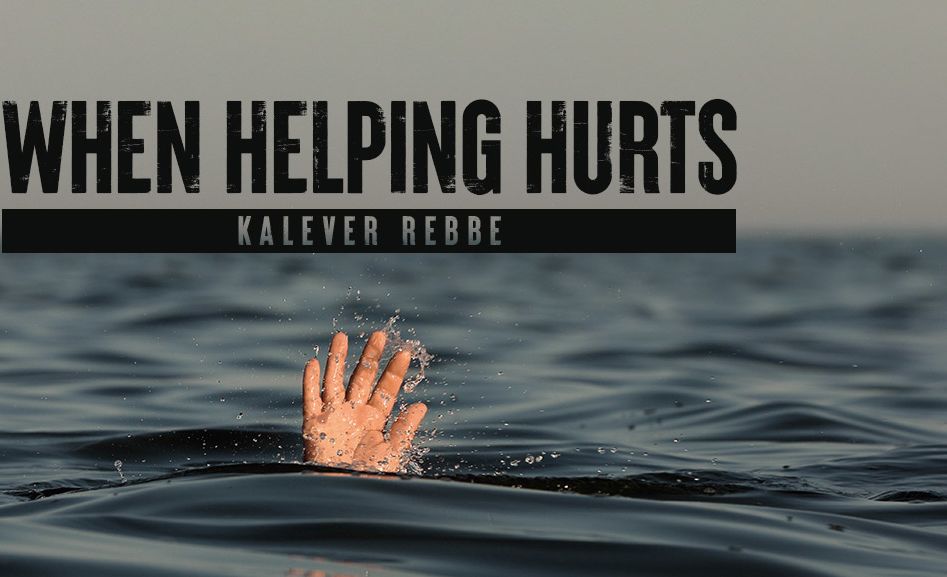
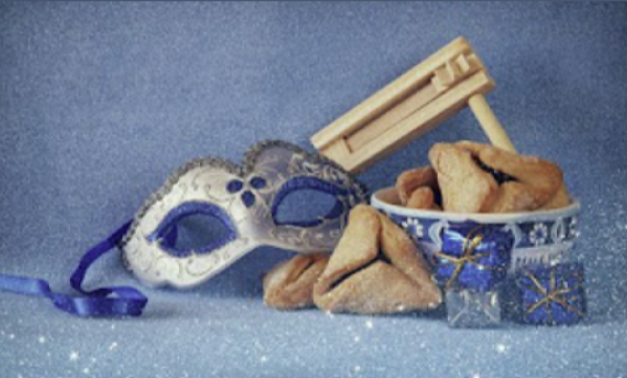
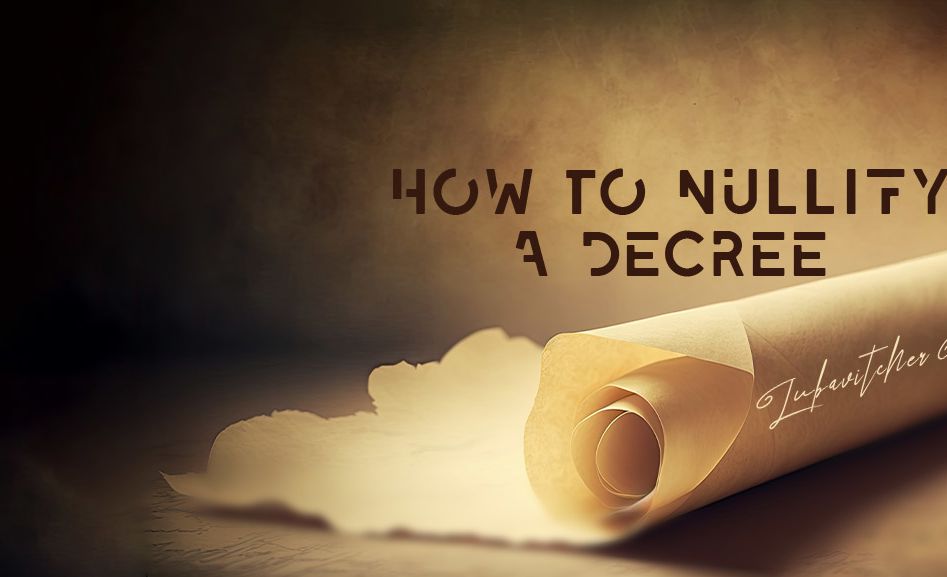
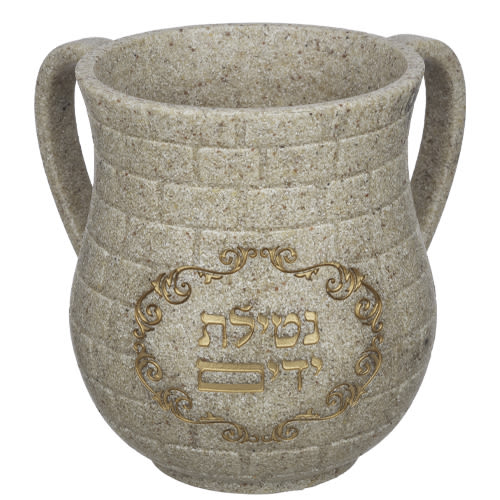
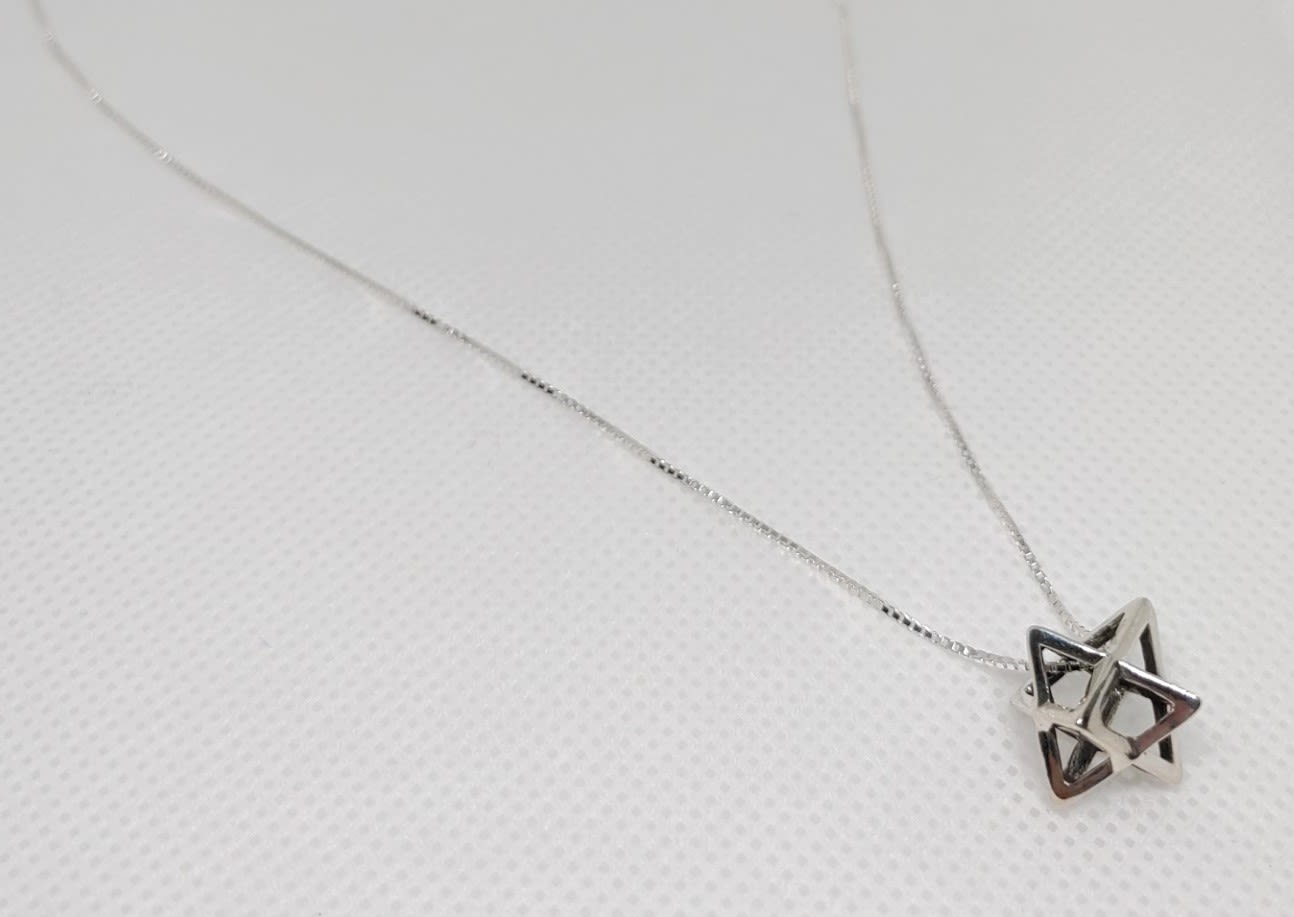

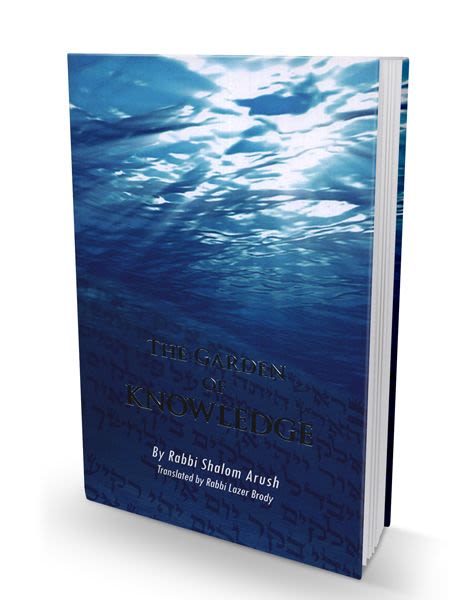

Tell us what you think!
Thank you for your comment!
It will be published after approval by the Editor.